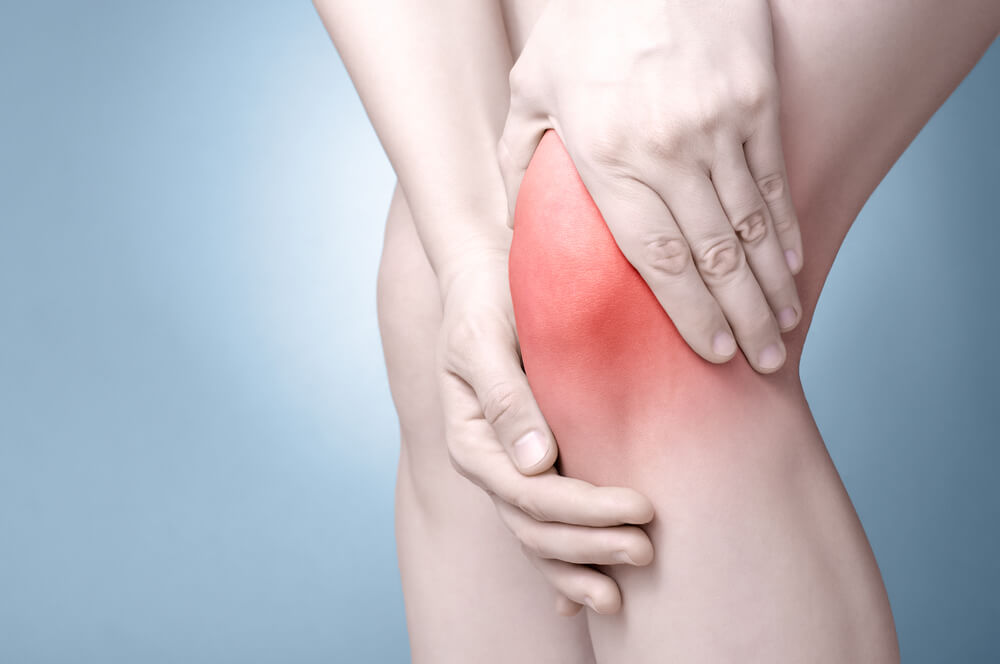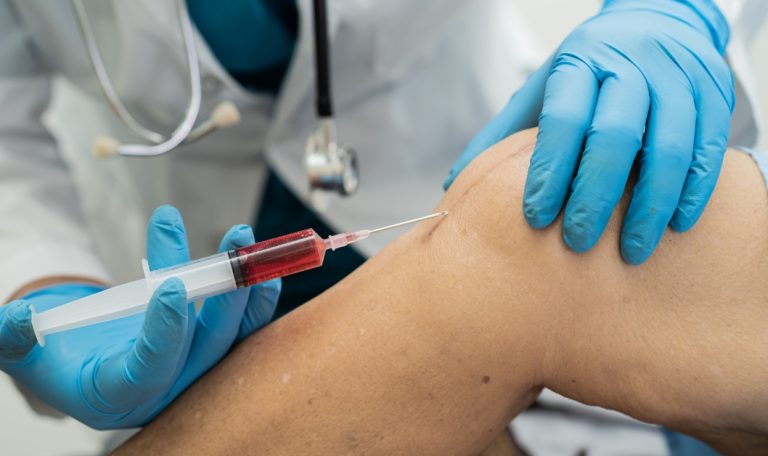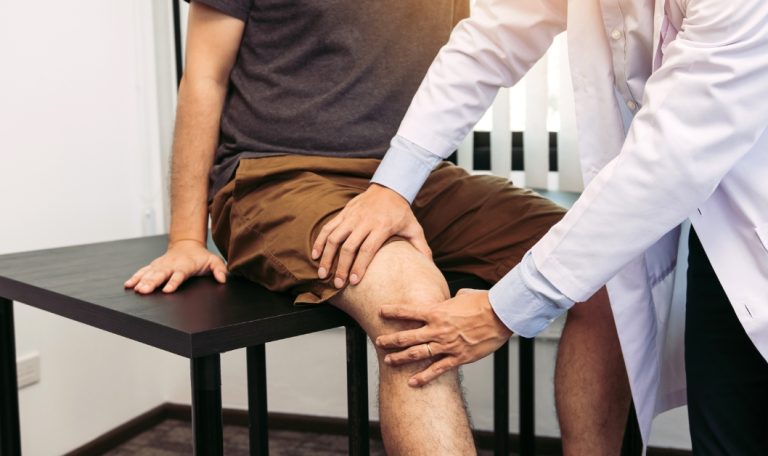What Should You Do and Avoid After Knee Replacement: Expert Advice

Knee replacement surgery can transform the lives of individuals dealing with severe arthritis, injuries, or chronic knee pain. While the procedure itself is vital, proper post-operative care plays an equally important role in ensuring a smooth recovery and long-lasting results. Adhering to the guidance of the best knee replacement surgeon and an experienced orthopaedic surgeon can minimise complications, enhance mobility, and support overall knee health.
In this blog, we will discuss essential dos and don’ts after knee replacement surgery, share practical recovery tips, and highlight long-term considerations to help patients regain strength, independence, and confidence in their daily activities.
Immediate Post-Operative Care
The first 24 to 48 hours after knee replacement surgery are critical. During this time, your body begins the healing process, and careful attention is needed to avoid complications. Here are key areas to focus on:
- Pain Management: Pain is common after surgery, and medications prescribed by your orthopaedic surgeonwill help manage it. Do not self-medicate or skip doses without consulting your doctor.
- Wound Care: Proper wound care reduces the risk of infection. Keep the surgical area clean and dry, change dressings as instructed, and monitor for signs of infection such as redness, swelling, or unusual discharge.
- Mobility: Even in the first couple of days, gentle movement is encouraged. Using walkers, crutches, or other mobility aids as instructed by your best knee replacement surgeon in Ahmedabadhelps prevent stiffness and promotes blood circulation.

Dos After Knee Replacement
Following the right practices after surgery can make a big difference in recovery. Here are some essential “dos”:
- Exercise and Physiotherapy: Regular movement and physiotherapy are crucial for restoring knee function. Start with simple exercises like ankle pumps, quadriceps sets, and gentle knee bends. As your strength improves, your physiotherapist may introduce more advanced exercises to enhance flexibility and mobility.
- Healthy Diet and Hydration: A balanced diet rich in protein, vitamins, and minerals supports tissue repair and bone health. Staying hydrated also helps reduce swelling and promotes overall wellbeing.
- Follow-Up Appointments: Consistent follow-up visits with your orthopaedic surgeonensure your recovery is on track. These visits allow your surgeon to monitor healing, adjust medications, and recommend exercise progression.
- Medication Compliance: Taking all prescribed medications, including blood thinners, antibiotics, and pain relievers, exactly as advised is essential. Missing doses can increase the risk of blood clots, infections, or delayed healing.
- Assistive Devices: Always use walkers, crutches, or knee braces as instructed. These aids reduce strain on your new knee and help prevent falls during the early stages of recovery.
Avoids After Knee Replacement
Just as important as what to do, there are several activities and behaviours you should avoid to protect your new knee:
- High-Impact Activities: Avoid running, jumping, or lifting heavy weights until your surgeon gives the green light. These activities can place undue stress on your knee implant and increase the risk of complications.
- Poor Posture or Knee Strain: Activities like crossing your legs, twisting your knee, or kneeling should be avoided in the early stages. These movements can strain the joint and delay recovery.
- Ignoring Pain or Swelling: Mild discomfort is normal, but sharp pain, increased swelling, or redness may indicate complications. Do not ignore these signs; contact your knee replacement surgeonimmediately.
- Skipping Physiotherapy: Consistent physiotherapy is crucial for restoring knee function. Skipping exercises or delaying therapy can lead to stiffness, weakness, and reduced mobility.
Tips for a Smooth Recovery
A table format can help clearly summarise the main dos and don’ts after knee replacement:
|
Do |
Avoid |
Reason |
|
Follow prescribed exercises |
Overexertion |
Prevents stiffness and improves mobility |
|
Maintain a healthy diet |
Skipping meals |
Promotes healing and strengthens bones |
|
Attend all follow-ups |
Ignoring symptoms |
Early detection of complications |
|
Use walking aids as instructed |
Walking unsupported too soon |
Reduces fall risk and protects the new knee |
|
Take medications as prescribed |
Self-medicating |
Avoids blood clots, infections, and pain issues |
These practical tips help patients easily remember the most important aspects of post-surgery care.

Long-Term Considerations
Recovery does not end once the initial wound heals. Long-term care and lifestyle adjustments are essential for maintaining the benefits of knee replacement surgery:
- Gradual Return to Activities: Slowly resume daily activities based on your surgeon’s advice. Walking, light household chores, and low-impact exercises such as swimming or cycling are usually safe after a few weeks.
- Maintain a Healthy Weight: Extra body weight puts additional stress on the knee joint. Maintaining a healthy weight helps prolong the life of your implant and reduces discomfort.
- Joint Protection: Use supportive footwear, avoid high-impact sports, and be mindful of movements that may strain your knee.
- Regular Check-Ups: Even after full recovery, periodic consultations with your orthopaedic surgeon in Ahmedabad are recommended. These visits help monitor joint health and detect any issues early.
- Lifestyle Modifications: Incorporate stretching exercises, balanced nutrition, and moderate physical activity into your routine. These habits support joint health and overall wellbeing.
Conclusion
Recovering from knee replacement surgery is a gradual process that demands patience, dedication, and the right guidance. By following recommended dos, avoiding harmful activities, and adopting a healthy lifestyle, you can regain mobility, strength, and confidence in daily life. Working closely with a skilled orthopaedic surgeon ensures that each stage of your recovery is carefully monitored, reducing complications and promoting optimal healing.
For personalised care and expert guidance in Ahmedabad, Dr Meet Mehta provides comprehensive support throughout your rehabilitation journey. Trust his expertise to help you achieve the best possible outcome and restore your knee health effectively.
- Art
- Causes
- Crafts
- Dance
- Drinks
- Film
- Fitness
- Food
- Игры
- Gardening
- Health
- Главная
- Literature
- Music
- Networking
- Другое
- Party
- Religion
- Shopping
- Sports
- Theater
- Wellness



